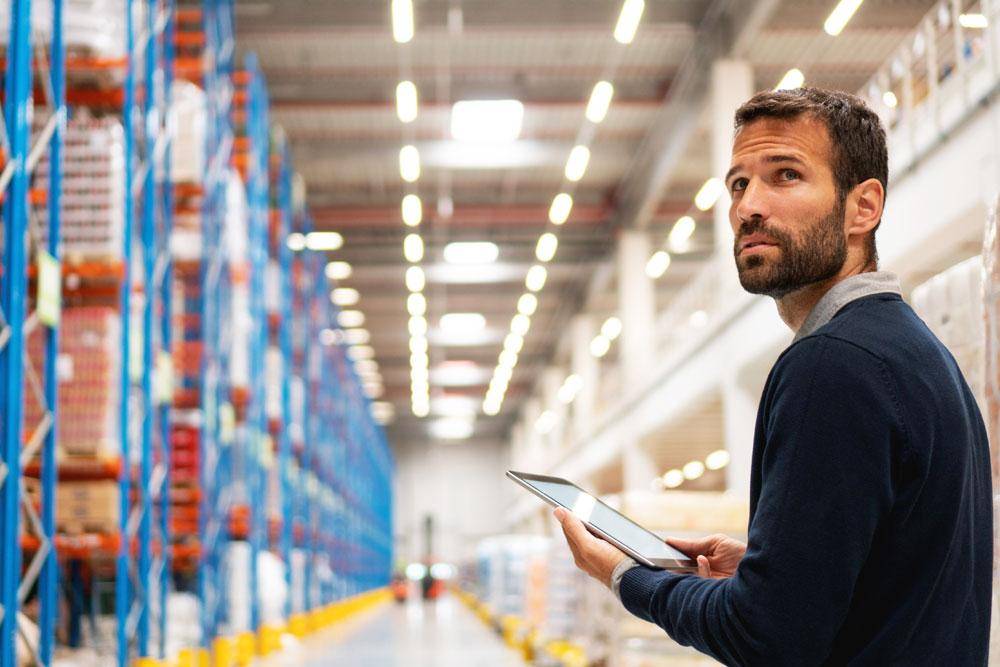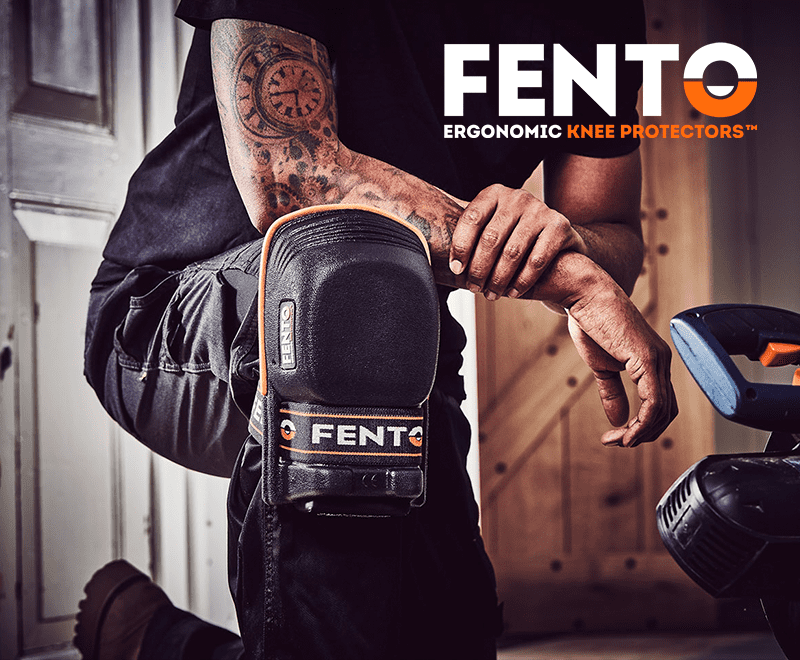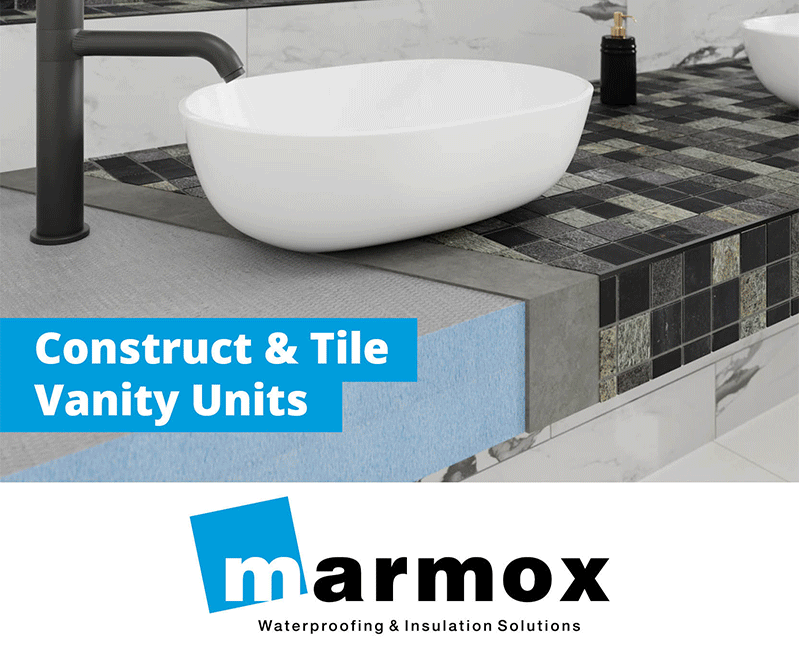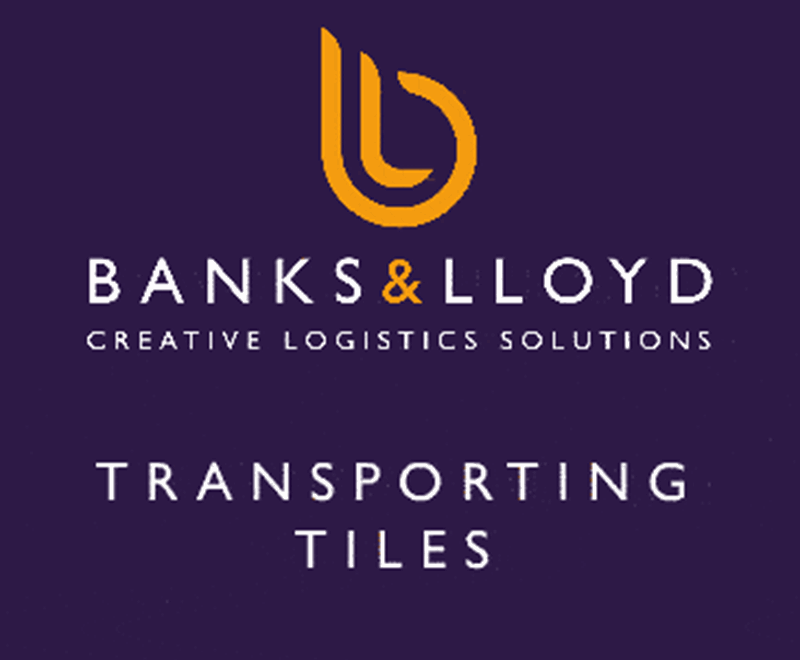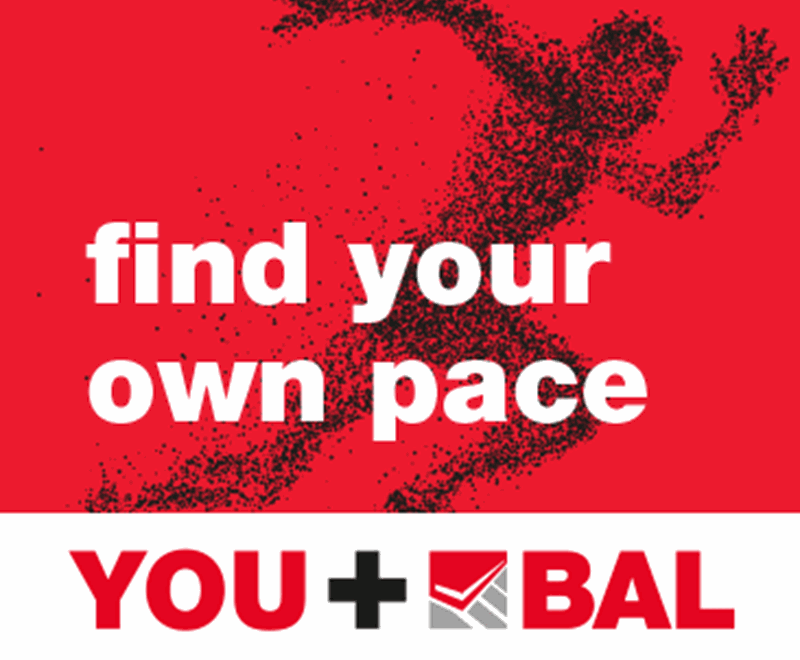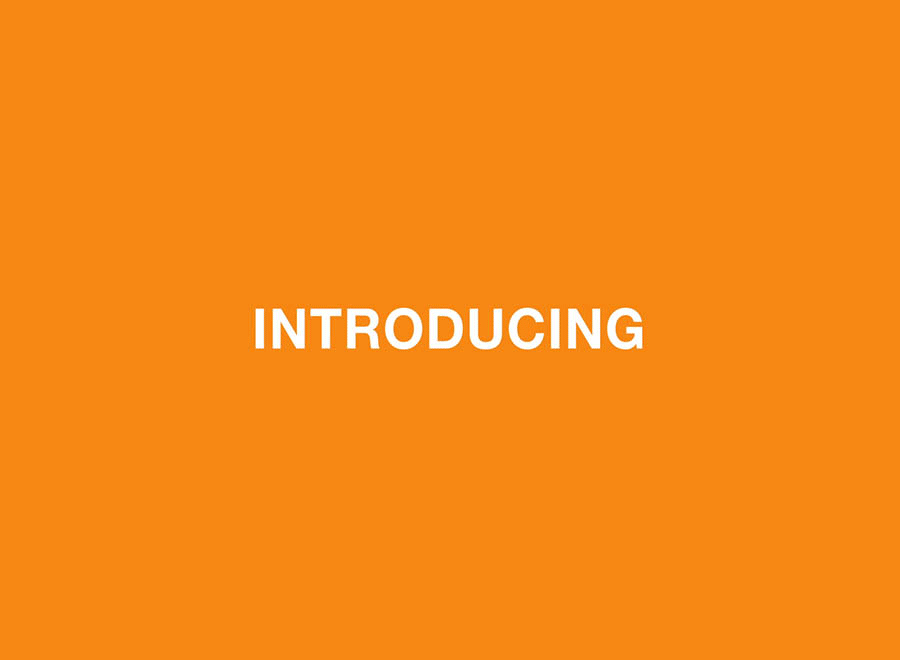Sustainability has become a hot topic and a subject the tile industry is embracing, Kerridge Commercial Systems (KCS) says.
The Builders’ Merchants Federation (BMF) signed the SME Climate Commitment and the trade association stated its aim to achieve net-zero carbon emissions by 2040. BMF CEO John Newcomb said: “Climate change poses a threat to the economy, nature and society at large, and reducing carbon emissions is something businesses of every size must act upon”.
KCS says it doesn’t have to be a choice between being profitable or sustainable for tile suppliers, the company believes they go hand in hand. Marginal gains taken now can make a real difference, the company suggests, and investing technology is a simple way to start the sustainable journey. KCS continues to invest in developing products and services that provide businesses in the tile supply industry with the tools to be “agents of change” themselves.
Cloud computing has become a go-to option. The impact on sustainability and the environment in general is huge, KCS says, as millions of individual servers are now no longer situated on-site in their own air-conditioned room, consuming vast amounts of energy with outdated and inefficient equipment. Ignoring the benefits of data security, resilience, business continuity, the ecological reasons are strong enough alone. No server on site, no carbon footprint of the person who travelled to site to install it and maintain it, inefficient use of power for air-conditioning for a machine. The ecological arguments for the cloud, the company says, go on and on.
KCS has expanded its private cloud offerings further and migrated all systems to K-Cloud – its tier 3 designed data centre delivers enhanced resilience of its core network, including servers to storage, system analytics and more. The solution is designed to reduce costs and waste and help businesses scale as their needs change.
Traditional ERP workflows have tended to be, and in many instances still are, paper based. KCS describes this workflow as “taking the job to the technology”. All of the stages in this transaction cycle require paper, ink and energy. Printing one page generates six grams of CO2. If an average site generates 85,000 pieces of paper on the delivery every year, that figure equates to 0.5 tons of CO2 a year, per branch, in printing alone for the delivery process. Additionally, at £0.06 per sheet this equates to a paper & printing cost of £6,800 a year for an average merchant site.
The company has continued to develop the suite of eApps integrated with its flagship K8 system, allowing paper to be completely removed from the cycle, which it calls “taking technology to the job”. Using K8 ePick, a smart device can tell you what to pick and where, the picker can scan the items from its bin and then place the items onto the pallet for delivery. The pick is automatically confirmed there and then, with no further intervention required. Using K8 ePod, the manifest for a driver can be electronically uploaded to a smart device and checked. On delivery, the driver can then use the “sign on glass” feature and take a photo for evidence as necessary. All these details will be immediately electronically uploaded to K8 upon completion of the delivery capturing full proof of delivery without paper.
All the transactions have 2 major benefits: 1) they are minimising the amount of resources consumed – paper, ink, energy 2) the transaction is immediately up to date in K8 when the sub-task has been actioned, no additional effort required, no costly filing and storage. Hence efficiency, hence greater profitability.
Invoices can also be sent to the customer by email or EDI directly to their IT system. Customers can view their old invoices and statements directly through a B2B trading portal. The invoice cycle is automated, with the aim of reducing waste and improving cash flow. Invoices received via email or electronically can be interpreted and uploaded automatically to K8 using EasyAP, where they can be matched to the purchase order, and an image stored for later retrieval as required. This enables significant savings on what would have previously been wasted resources, KCS says. When the scale of use is considered, the reduced carbon impact of this is huge, between paper production, delivery, and paper filing storage. More efficient and more sustainable, the company says, this is a great example of sustainability and profitability going hand in hand.
James Mitchell KCS’ managing director said: “We view the acceleration of digital transformation in the UK’s tile sector as key to improving performance and customer service and to creating sustainable working practices. We are determined to remain ahead of the curve and prepare to launch more tools, technologies and products to help our customers stay ahead of the competition, be more profitable and embrace becoming more sustainable.”
www.kerridgecs.com
